In our feeding clinic, we’re often asked about the right time to start introducing solids. It is recommended to start introducing solids between 4-6 months of age if your baby is developmentally ready. However, age alone cannot be the only indicator of whether or not your baby is ready to start solids. He or she also has to be developmentally ready; some of the developmental cues to look for to assess their readiness include: Do they sit up unsupported or with minimal support in a high chair? Do they have good head control? Are they bringing hands/toys to their mouths? Are they interested in food when other people are eating around them?
Once you determine whether or not your baby is developmentally ready for solids, you can start to offer infant purees (usually stage 1 baby foods or you can choose to make your own at home). Start by offering 1 tablespoon 1-2 times per day for play/exploration of these new foods and textures. If you notice they are turning their head away, pushing food out of their mouths or refusing to open their mouth, this could indicate that they’re not quite ready for solids. Stop for now and consider restarting in another few weeks or consult with your pediatrician.
When starting solids, you want to introduce one new food every 3 days to monitor for allergic reaction. Once your baby has had several different foods and tolerated them well without sign of reaction, you can start to combine foods to diversify flavors. Examples include pureed bananas mixed in oat cereal, sweet potatoes mixed with carrots, green beans and avocado, etc. By 6 months of age, it is also recommended to start introducing pureed meats, poultry and fish, as complementary foods, into your baby’s diet.
According to healthychildren.org, “there is no evidence that waiting to introduce baby-safe (soft), allergy-causing foods, such as eggs, dairy (cheese or yogurt; no straight milk), soy, peanuts or fish, beyond 4 to 6 months of age prevents food allergy.” If you or a family member has a known food allergy or if you believe your child has an allergic reaction to a food (diarrhea, rash, vomiting) talk with your child’s pediatrician. You can introduce peanut butter by thinning it out with breast milk or formula (to prevent choking) and mixing it into infant cereals or fruit purees. You can also puree a boiled egg (whole egg including yolk is great!), again, mixing with breast milk, formula or water and offering it to baby. Be sure to introduce all foods, especially high allergenic foods, every 3-5 days to allow time to monitor for allergic reaction.
If you feel as though your infant is ready to start solids but you need further direction or have questions about how to start introducing solids, talk with your child’s pediatrician!
 https://riseandshine.childrensnational.org/wp-content/uploads/2026/01/healthy-family-feature.jpg
300
400
Rise and Shine
https://riseandshine.childrensnational.org/wp-content/uploads/2017/11/childrens_riseandshine_logo.jpg
Rise and Shine2026-01-28 13:02:522026-01-29 09:53:52Celebrate American Heart Month together: Healthy habits for the whole family
https://riseandshine.childrensnational.org/wp-content/uploads/2026/01/healthy-family-feature.jpg
300
400
Rise and Shine
https://riseandshine.childrensnational.org/wp-content/uploads/2017/11/childrens_riseandshine_logo.jpg
Rise and Shine2026-01-28 13:02:522026-01-29 09:53:52Celebrate American Heart Month together: Healthy habits for the whole family


 Hannah Nicolais, MS, RDN, CNSC, is a pediatric dietitian at the Pediatric Specialists of Virginia.
Hannah Nicolais, MS, RDN, CNSC, is a pediatric dietitian at the Pediatric Specialists of Virginia.

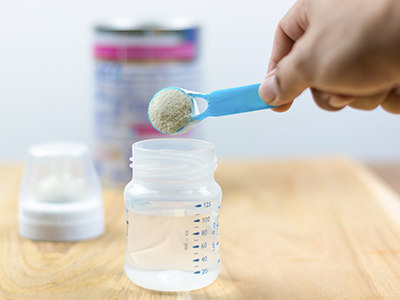
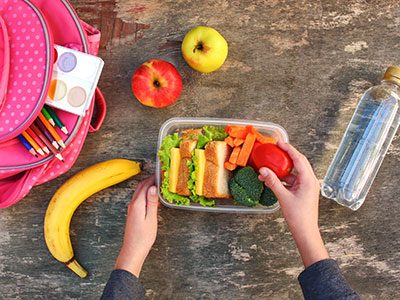



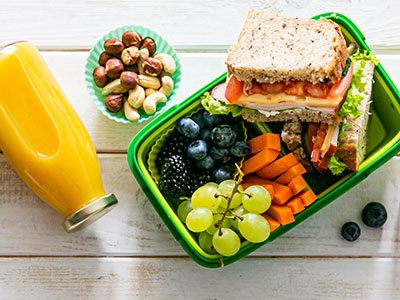



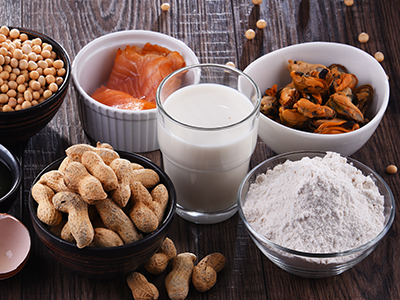
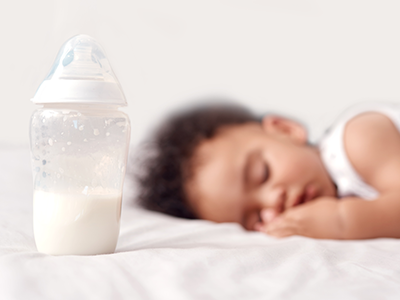


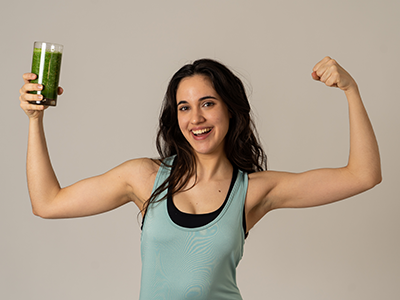



Leave a Comment
Want to join the discussion?Feel free to contribute!